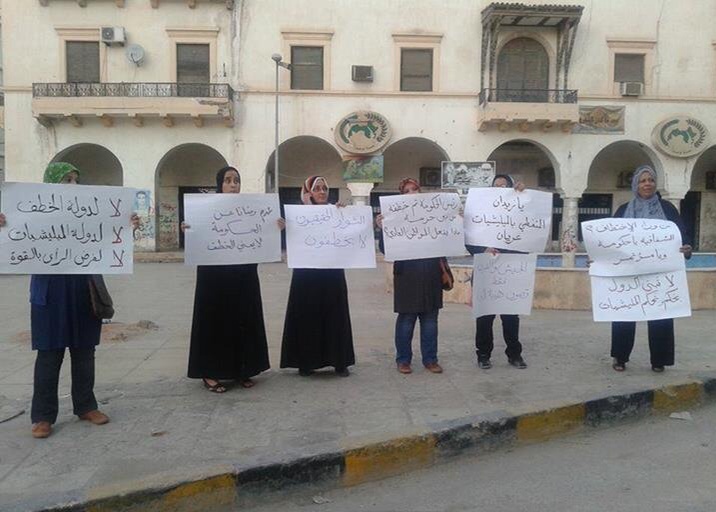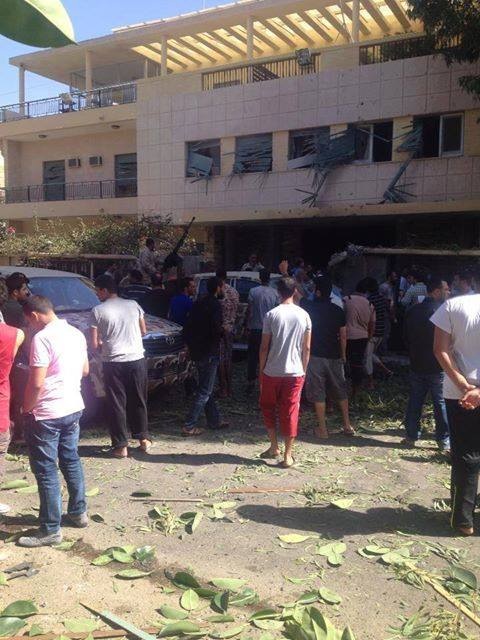By Houda Mzioudet.

Tripoli, 10 October 2013:
Although life carried on as normal for many people across the country today, the Libyan public . . .[restrict]was not insensitive to the news of the kidnapping and then release of Prime Minister Ali Zeidan.
Libyans reacted swiftly online as news of Zeidan’s abduction spread through social networks, setting up a Facebook page called: “We oppose the kidnapping of PM Ali Zeidan.” The page attracted 7,000 ‘likes’ in just a few hours. This evening, the number had increased to more than 9,000.
Also online, a young social media activist from Nalut, Khalifa El Beshbesh, firmly denounced the kidnapping. “This is a result of the chaos in the country and the legitimisation of armed battalions,” he said. “This is a crime.”
At the Tripoli Book Fair, a member of the public who was visiting, a Libyan nurse who named herself simply as Areej said that although it was unclear what had actually happened, the abduction would raise Zeidan’s popularity with many Libyans – countering current feelings of disenchantment with a Prime Minister who, she said, had done little to solve the country’s problems.
“Most Libyans do not want him. They gave him a chance to do something for Libya and he did nothing,” she added. “Libyans have lost their humanity, and our relations with our Arab neighbours have deteriorated because of the current climate in Libya.”
Once Zeidan was released, the initial wave of relief soon gave way to questions about stability, security and what had really happened. Some called for international help to stabilise the country, suggesting that the day’s events showed that Libya did not have enough expertise to deal with the country’s current situation.
Another book fair visitor, Salah Zuwawi, said that Zeidan’s kidnapping was an illegitimate act which she opposed, despite the inefficiency of his government.
[/restrict]









